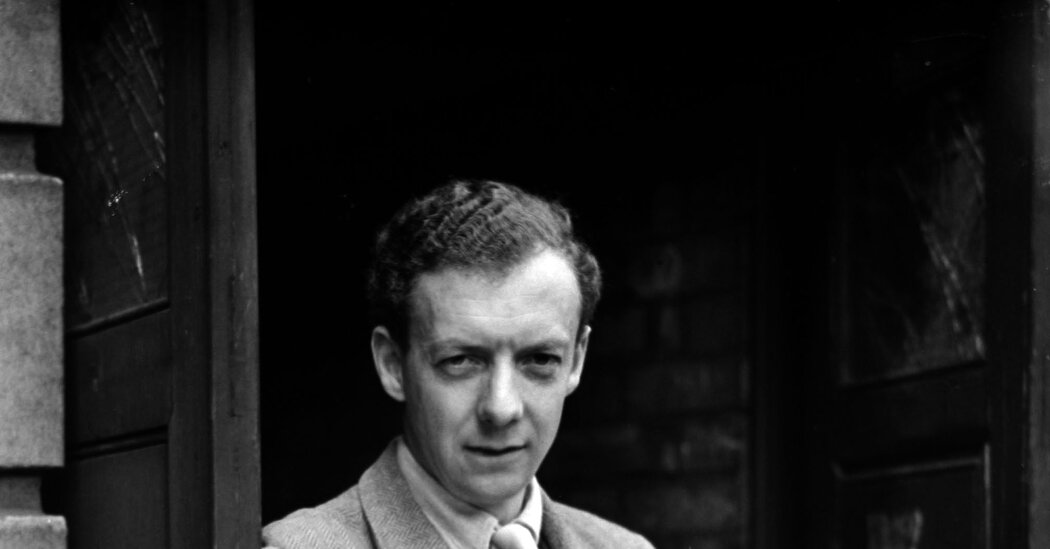At 75, the Aldeburgh Festival Is Bigger Than Benjamin Britten

When the composer Benjamin Britten died in 1976, it wasn’t clear how the public would remember him.
There was Britten the rooted composer, firmly set in his native Suffolk, England, and the Aldeburgh Festival with his life partner, the tenor Peter Pears; Britten the establishment composer, friendly with the “Queen Mum,” the creator of “Gloriana” and the first composer to receive a peerage; and Britten the immediate composer, whose belief in art’s purposefulness meant he consciously avoided what he called writing for posterity.
Others, however, were committed to the posterity of Britten’s work on his behalf. Rosamund Strode, a Britten assistant since 1964, became the founding archivist of the Britten Pears Foundation, and set the guidelines for one of the most comprehensive composer archives in existence.
What, though, of his festival?
“Understandably, particularly after Britten’s death, and later after Pears’s death, there were people who wanted to properly protect what they felt were the sacred flames, because they were nervous of whether this thing was going to carry on after the two founders of this organization,” Roger Wright, the departing chief executive of Britten Pears Arts, said in an interview. Those people “needn’t have worried,” he added, “but there were bumpy times, and it’s very easy to forget that.”
In the end, the Aldeburgh Festival, which recently celebrated its 75th edition, has produced many more editions without Britten than with him.
The festival has gained a reputation for consistency, with well-attended, well-reviewed and richly programmed seasons. This year was no exception, including a new production of the church parable “Curlew River” alongside “Sumidigawa,” the Noh play that inspired it. (The show was filmed for a future BBC broadcast.)
